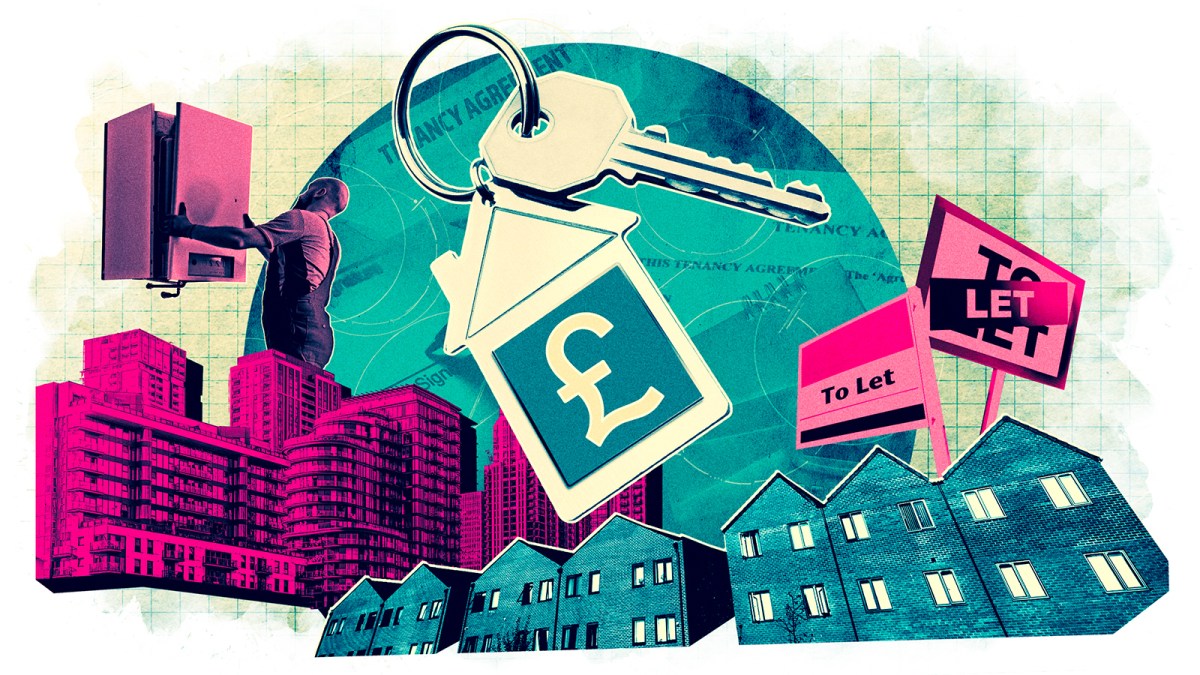I’m due to remortgage off a very low fixed rate (2.1 per cent) this year, so I’ve been following news about interest rates closely. The Bank of England has just cut rates again, but it seems cautious about making more cuts this year. My mortgage runs out in October: should I refinance now to get it out of the way or wait and see if further cuts bring rates down? Luckily I’ve had time to prepare so I’ll still be profitable even based on current rates.
Hannah, Bath
This is one of those questions where the answer isn’t completely straightforward, and we’re hearing it from a lot of landlords coming off those enviable rates of less than 3 per cent from a few years ago. The problem is that the relationship between the base rate and mortgage rates isn’t as direct as most people think: pricing is based on market expectations of rates over the fixed term, so cuts that are widely expected (as this one was) tend to be priced in before they actually happen. That’s why some of the major banks were already offering rates of less than 4 per cent in April, before this latest cut was announced.
Expectations of future cuts declined after the latest Bank of England decision, because the committee was split: two members wanted a larger cut, but two wanted no change. With the global economy being as volatile as it is, predicting the path of future rates is as hard as it’s ever been.
Another factor in mortgage pricing is the general appetite of lenders and competitiveness between them. Generally, lenders are keen to do business at the moment — with some relaxing their affordability criteria and others reducing fees.
Amy Zakary from Keys Mortgages said: “Many lenders make offers that are valid for six months. My own fixed rate is expiring at the end of October, so I’ve just submitted my remortgage application. If rates decrease further I’ll ask the lender to change the product, and if they increase I’ve already locked in my rate.”
We’d propose speaking to an independent mortgage broker and asking them to run calculations based on the total cost of the loan across the whole of the fixed term after factoring in both the interest rate and fees. Given that it can take a couple of months to arrange a new loan, we’d recommend not leaving it too late.
Can I buy a second home without paying additional stamp duty?
I own a house in Reading and am planning to buy a more expensive home in London. To avoid the additional stamp duty surcharge on my London purchase, I’m considering transferring my current property into a limited company first. I’ve read about a “gift and purchase” mechanism that might defer the capital gains tax. Would this work in my case?
Marcus, Reading
We hear this kind of question a lot and wish we had better news for you, but unfortunately the rules around the stamp duty surcharge are pretty watertight. When HM Revenue & Customs assesses whether you should pay the 5 per cent “additional property” surcharge that affects property investors, it doesn’t just look at properties you own personally: it also includes properties owned by companies in which you (or you and a connected person together) have a major interest. So transferring your Reading property to a limited company of which you’re a main shareholder would make no difference for stamp duty purposes when you buy in London.
• Is the guaranteed rent scheme I’ve been offered too good to be true?
The “gift and purchase” mechanism you’ve mentioned (sometimes called “holdover relief”) isn’t going to help either. It only applies to transfers to a company when the property qualifies as business property — typically a furnished holiday let or a property being held as stock in a development trade. A standard buy-to-let wouldn’t qualify.
So what can you do? There are only two ways around the 5 per cent stamp duty surcharge. One is, of course, simply selling your Reading house before buying the London one. Or if Reading is your main residence and London will become your new main residence, you can buy the London property, pay the surcharge and then reclaim it if you sell your Reading home within three years. This rule applies when someone is replacing their main residence (not buying an additional property) but the transactions aren’t exactly aligned.
What this highlights is that under the present stamp duty system you’re generally better off buying the most expensive property you’ll ever own first. We sometimes see investors suffer if they own a buy-to-let property (or have inherited one) before going on to buy a more expensive main home.
If you’re not ready to sell your Reading home immediately, the reclaim route may be your best option. Just be aware that you’ll need to fund the extra stamp duty upfront before getting it back.
Rob Dix and Rob Bence present The Property Podcast and are co-founders of the property education platform Property Hub. Buy Rob Dix’s book, Seven Myths About Money (Cornerstone £18.99), from timesbookshop.co.uk or call 020 3176 2935. Discount for Times+ members
Find more daily Property & Home content here

